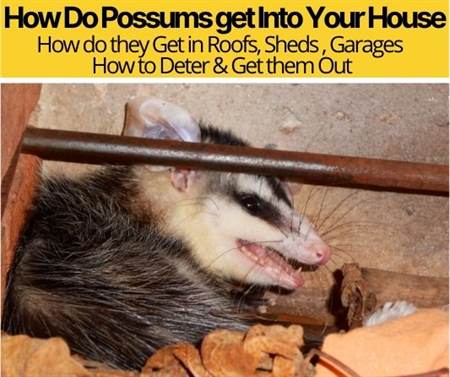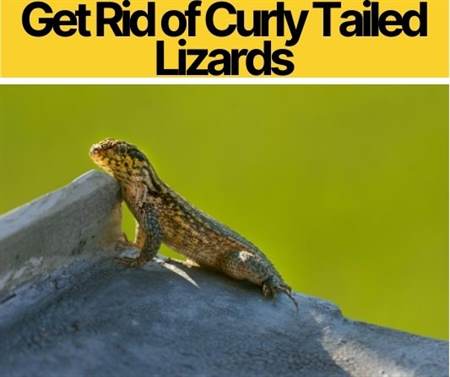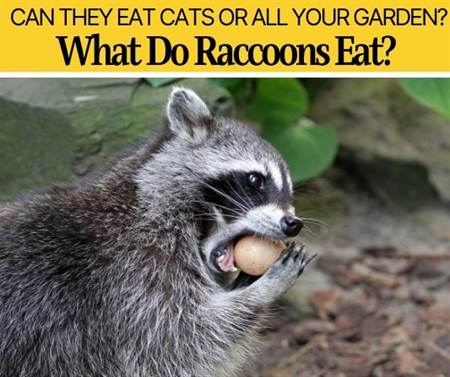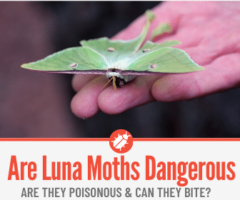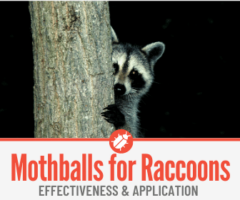 A lot of people just see snails and slugs as little pests to avoid when walking outside, but did you know they’re actually rather helpful and do a lot more than simply damage your plants?
A lot of people just see snails and slugs as little pests to avoid when walking outside, but did you know they’re actually rather helpful and do a lot more than simply damage your plants?
In this article, We will see what is the actual purpose of Snails both in your garden and in Environment & What are they good for.
Not only that, but we will also see if they are actually harmful to your garden & just what kind of damage they can do to your garden/plants.
Purpose of Snails and Slugs
Snails and slugs are very helpful for keeping the balance of the environment, they act as food for birds and other creatures that will pollinate flowers. However, snails can eat and harm plants growing in your garden.
They won’t damage your grass and will clean up dead garden debris. Snails are great additions to aquariums as they consume algae which keeps the water and the fish healthy. Shells are there for predator protection and their slime helps them move, this slime can also be very good for our skin.
The importance of snails in the ecosystem, what do they do for the environment
Snails are a very important part of the ecosystem and they sit near the bottom of the food chain. The snails can help clean up the environment by consuming rotting vegetation and certain types of fungi.
They also act as a source of food to other animals. In fact, birds will often seek out snails as a source of food so that they can use the calcium from their shells to help form their eggs.
So, whilst snails seem like pests, they do a great job at getting rid of decomposing garden debris and act as an important food to other animals.
Here is an illustrated food web which stems from the snail

Source: Snail Wrangler
What are Snails good for and what is special about them
As mentioned before, snails are good for cleaning up garden debris and rotting vegetation, this removal will help keep plants healthy. It has also been observed that snails will eat other things that may damage your garden such as dog excrement and animal carcasses. Having a snail in your garden might not be as bad as you originally thought.
Because they are such a special and integral part of the ecosystem, it is really important that you don’t use poisons and pellets to dispel snails. The poison will make its way into the food chain after the snail is eaten. This can harm animals higher up in the chain and it is possible that it might end up back on your plate.
How are snails useful to humans?
We’ve talked about how snails are useful in the environment, but over the years they have provided a certain number of uses for us humans as well. Snails have been used as food and are a well-known French delicacy. In recent years, using snail mucin as a skin product has become very popular and this trend became very popular in South Korea.
This snail mucin is said to hydrate the skin and leave it with a glowing sheen. It’s not something you would instantly think of when looking at a garden snail. Snails are very useful critters that we are lucky to have, as this shows, their uses range from inside your garden to inside your home.
What do snails do?
Snails are known for being quite fragile and quiet. They mostly feed and mate at night under the safety of darkness. In all honesty, snails don’t actually do much. The mainly eat, reproduce and then get eaten, as is the circle of life. However, they are essential to maintain our complex ecosystem. They are also very interesting in the fact that they are hermaphrodites.
This means they have both sets of reproductive organs and when mating, both of the snails will conceive and lay a series of eggs.
What is the purpose of a slug and what are they good for in the garden?
We’ve looked at snails, but are slugs good for your garden? Similarly to snails, slugs also feed on a large amount of garden debris and decomposing matter. In fact, apart from the Field Slugs, slugs prefer this rotten vegetation to live plants. Their faeces also acts as a good fertiliser as it is high in nitrogen.
They also play a large in the eco-system, sitting low on the food chain much like snails, they act as food for birds and other useful garden creatures. Slugs are considered worse for your garden than snails, however you should be careful if you are trying to get rid of them.
The common method of sprinkling salt to kill a snail can also have adverse effects on your plants and stunt their growth. The best way to get rid of slugs is to make your garden habitable for their natural predators, such as hedgehogs and thrushes. They will control the pests for you.
Purpose of a garden snail & benefits of having garden snails
The common garden snail is classed as a pest in most people’s gardens. But these snails provide the benefit of their faeces which acts as a nitrogen rich fertiliser to help your plants grow. They are also actually the snails eaten across Spain and France.
Their mucin is also very useful and they have become popular for their use in facial products. Some people have taken to eating the snails that they find in their gardens.
However this is risky and you shouldn’t try it without knowing what you’re doing. If you interested in trying to catch and eat your own snails, make sure to do your research and read this article .
If you have a water feature in your garden snails can also be very helpful for looking after it. They will eat the decomposing material around the water and will often stir up gravel when they move. This helps create a healthy ecosystem for the water to flow through and helps keep the water clean.
Are snails harmful, are they bad for gardens, grasses and plants?
Snails can do damage to your garden, but they’re not as destructive as you might think. They do not do much damage to your grass or any plants that grow on ground level.
However, they are excellent climbers thanks to their mucus lubricant, and tend to eat wall climbing plants. They particularly eat sprouts and seedlings more than fully grown plants. They use their tongues to take pieces of stems, flowers and leaves. This leads to the distinctive pattern of holes commonly associated with snails.
That being said, they do prefer to eat decomposing matter rather than live flowers. So whilst they can cause some damage, they are actually very beneficial to keep in your garden.
Are garden snails harmful to humans?
Snails can actually be harmful to humans as they can be carriers of diseases. Rat lung worm is one of the most dangerous things that a snail can carry. This parasite can also be extremely harmful to dogs so if you think there are snails in your garden, keep an eye on your four-legged friend.
Try to avoid handling snails if possible and always make sure to wash your hands afterwards if you do touch them. If any fruit or vegetables that you grow have been eaten by a snail, make sure to dispose of it properly and do not consume any part of that crop.
If you think your dog may have consumed a snail, take it to the vet immediately and keep an eye out for symptoms such as swelling and raised temperature. This problem is much more common in Australia than other parts of the world, particularly in places such as Brisbane. But wherever you are you should be careful when encountering snails.
Related topics
Purpose of snails in an aquarium and fish tanks
Snails are popular amongst fish keepers and aquarists for good reasons. Snails can feed on and therefore reduce the levels of algae in the tank. This helps keep the tank clean and the water and fish healthy.
Purpose of a snail shell
A shell is vital for a snail to survive, it acts as a protective barrier against predators and harsh environmental conditions. Even after its death, a snail shell is important. It can act as a source of calcium to help birds form their eggs and bees have also been observed forming make-shift hives inside empty snail shells.
Purpose of snail slime
Snail slime, or mucus, acts as a lubricant which helps the snail move, particularly up walls. However, despite popular belief, this slime is not a requirement to move as they have a muscle that acts as a foot. Their mucus is also used in skin products.

